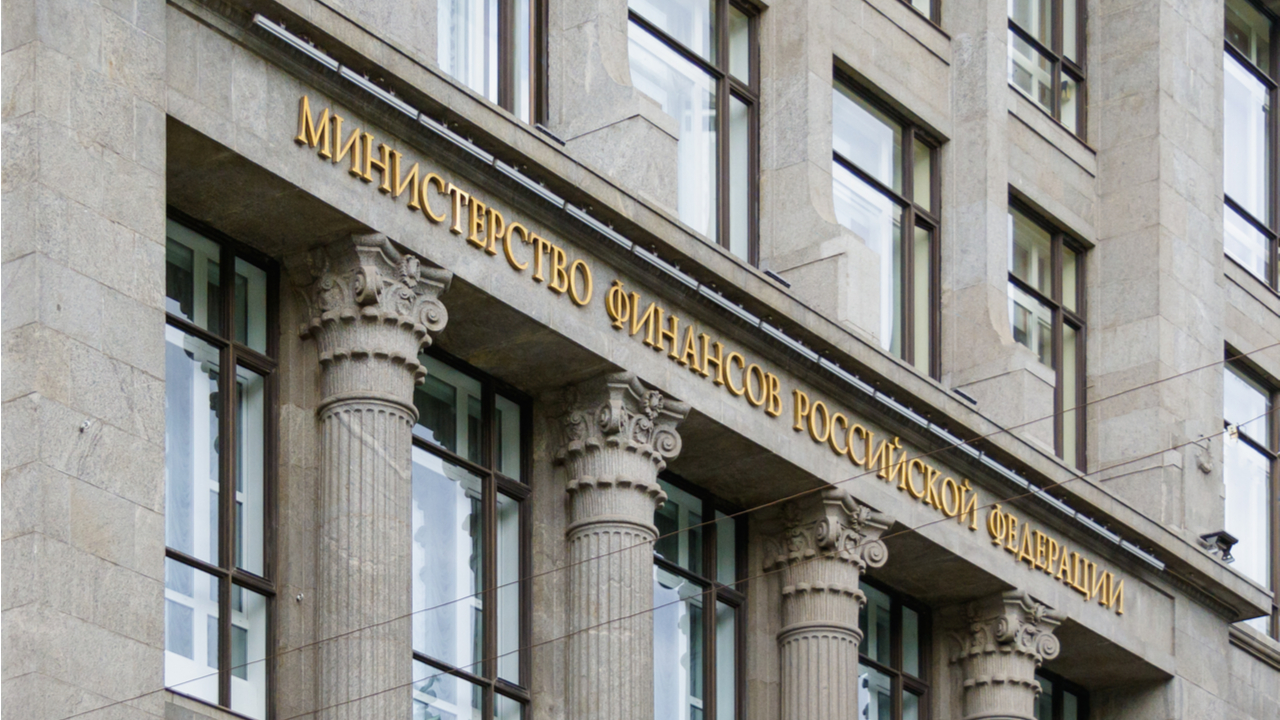
Russian Ministry of Finance has prepared and submitted a new bill to expand crypto regulations to the government. The law “On Digital Currency” aims to introduce rules for investment in cryptocurrencies while at the same time cementing a ban on their use in payments.
Draft Law ‘On Digital Currency’ to Regulate Crypto Turnover in Russia
The Ministry of Finance of the Russian Federation has presented to the federal government in Moscow legislation tailored to fill the regulatory gaps in the country’s crypto space, remaining after last year’s enforcement of the law “On Digital Financial Assets.” According to an announcement published this week, the draft law “On Digital Currency” has been filed with the White House on Friday, Feb. 18.
The Treasury Department and the Central Bank of Russia (CBR) were tasked by the government to develop the new legal framework together. However, as the two institutions have supported opposing approaches, last week the ministry suggested the adoption of two laws to regulate the crypto market while media reports revealed the monetary authority had been working on its own bills to implement its proposal for a wide-ranging ban on crypto activities.
Minfin’s legislation is based on its regulatory concept, approved by the executive power earlier this month. Most other regulators and relevant government bodies have also sided with its view that the industry needs regulation, not a blanket ban.
Under the new law, the use of cryptocurrencies as a means of payment will remain prohibited, one of the few common positions with the CBR, and they will be regarded mainly as an investment tool. The ministry confirmed it had received Bank of Russia’s legislative amendments, noting that those which don’t contradict its approach will be considered.
New Bill to Impose Mandatory Identification of Cryptocurrency Investors
The bill introduces requirements for crypto exchanges and other platforms involved in the turnover of digital currencies. These will be added to a special register of digital asset operators. Service providers will have to meet certain standards pertaining to corporate governance, information storage and reporting, internal audit, risk management, and available capital. The entities will be licensed and supervised by an authorized body and foreign exchanges will be obliged to establish a presence in Russia.
According to the Finance Ministry’s document, only customers who pass identification should be allowed to purchase and sell cryptocurrencies. Furthermore, deposits and withdrawals for crypto platforms will be made only through traditional financial institutions. “Thus, the identification of customers will be carried out both by [crypto] operators when accepting customers and by banks when opening a bank account,” the department elaborated, adding that banks and crypto firms will notify the Rosfinmonitoring watchdog about suspicious transactions.
Crypto exchanges will also have to inform citizens about the risks associated with the acquisition of digital assets. Non-qualified investors will be able to buy up to 600,000 rubles’ worth of cryptocurrency a year (approx. $7,600) only after passing an online test. Otherwise, the annual limit will be just 50,000 rubles (a little over $600). No such restrictions are envisaged for qualified investors and legal entities.
Minfin has also thought about the status of crypto mining, defining it as an activity aimed at obtaining cryptocurrency. While Bank of Russia has suggested that it should be banned, officials in Moscow and energy-rich Russian regions have called for recognizing it as an economic activity which would allow the government to tap into its profits. In January, President Putin highlighted the country’s “competitive advantages” in regards to the minting of digital currencies.
Do you expect the Russian parliament to support the finance ministry’s draft law “On Digital Currency?” Tell us in the comments section below.
from Bitcoin News https://ift.tt/5lqVdjh
Comments
Post a Comment